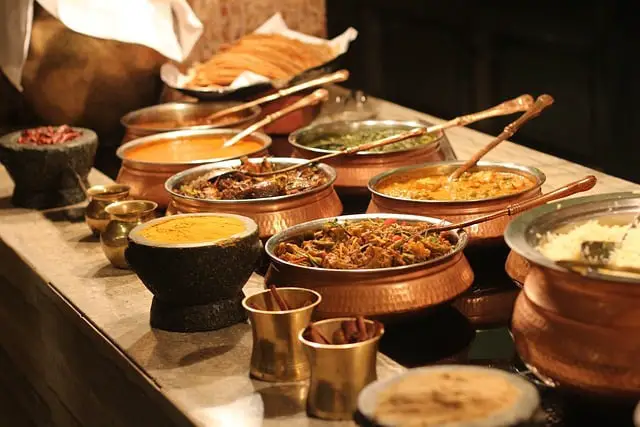Some spices lose flavor when they are exposed to heat for too long or at high temperatures. This is because the essential oils that give spices their flavor can be destroyed or evaporate when exposed to heat. Some examples of spices that can lose flavor when heated too long include:
- Basil: This herb is best added at the end of the cooking process or as a garnish, as high heat can cause it to lose its flavor and aroma.
- Cilantro: This herb is also best added at the end of the cooking process or as a garnish, as high heat can cause it to lose its flavor and aroma.
- Dill: This herb is best added at the end of the cooking process or as a garnish, as high heat can cause it to lose its flavor and aroma.
- Oregano: This herb is best added at the end of the cooking process or as a garnish, as high heat can cause it to lose its flavor and aroma.
- Thyme: This herb is best added at the end of the cooking process or as a garnish, as high heat can cause it to lose its flavor and aroma.
- Nutmeg: Nutmeg loses its flavor when heated for too long, it’s best to add it at the end of the cooking process, or even as a garnish to a dish.
- Black pepper: Black pepper loses flavor when heated for too long, it’s best to add it at the end of the cooking process, or even as a garnish to a dish.
How to heat delicate spices
Some spices do have enhanced taste when heated. Heating delicate spices can be tricky as they can easily lose their flavor and aroma when exposed to high heat. Here are a few methods to heat delicate spices:
- Toasting: Toasting delicate spices in a dry pan over low heat can help bring out their flavor and aroma without exposing them to high heat. This method works well for whole spices such as coriander and cumin seeds.
- Infusing: Adding delicate spices to a liquid such as oil or butter and heating over low heat can infuse the liquid with the flavor and aroma of the spices. This method works well for ground spices such as cinnamon, nutmeg, and ginger.
- Blending: Mixing delicate spices with other ingredients such as yogurt, cream, or coconut milk can create a flavorful paste or marinade. You can then use this mixture to flavor dishes without exposing the delicate spices to high heat.
- Finishing: Adding delicate spices to a dish at the end of the cooking process, or even as a garnish, can preserve their flavor and aroma. This method works well for herbs such as basil, cilantro, oregano, thyme, and dill.
It’s important to keep in mind that delicate spices can be affected by light, moisture, and temperature changes, so it’s best to store them in airtight containers and in a cool, dark place.
Summary
It’s important to note that some of these herbs and spices may also lose their color when exposed to heat, so it’s always best to add them at the end of the cooking process or as a garnish.
Some spices and herbs like cilantro and dill especially when in plant form are very delicate and can not only lose their flavor when over cooked but can wilt and look very unappetizing.

